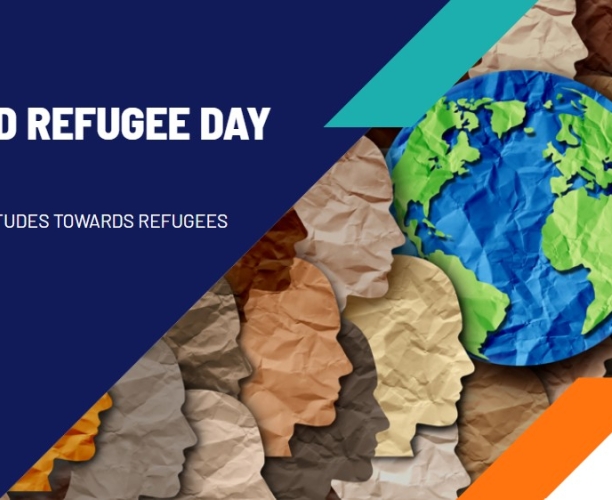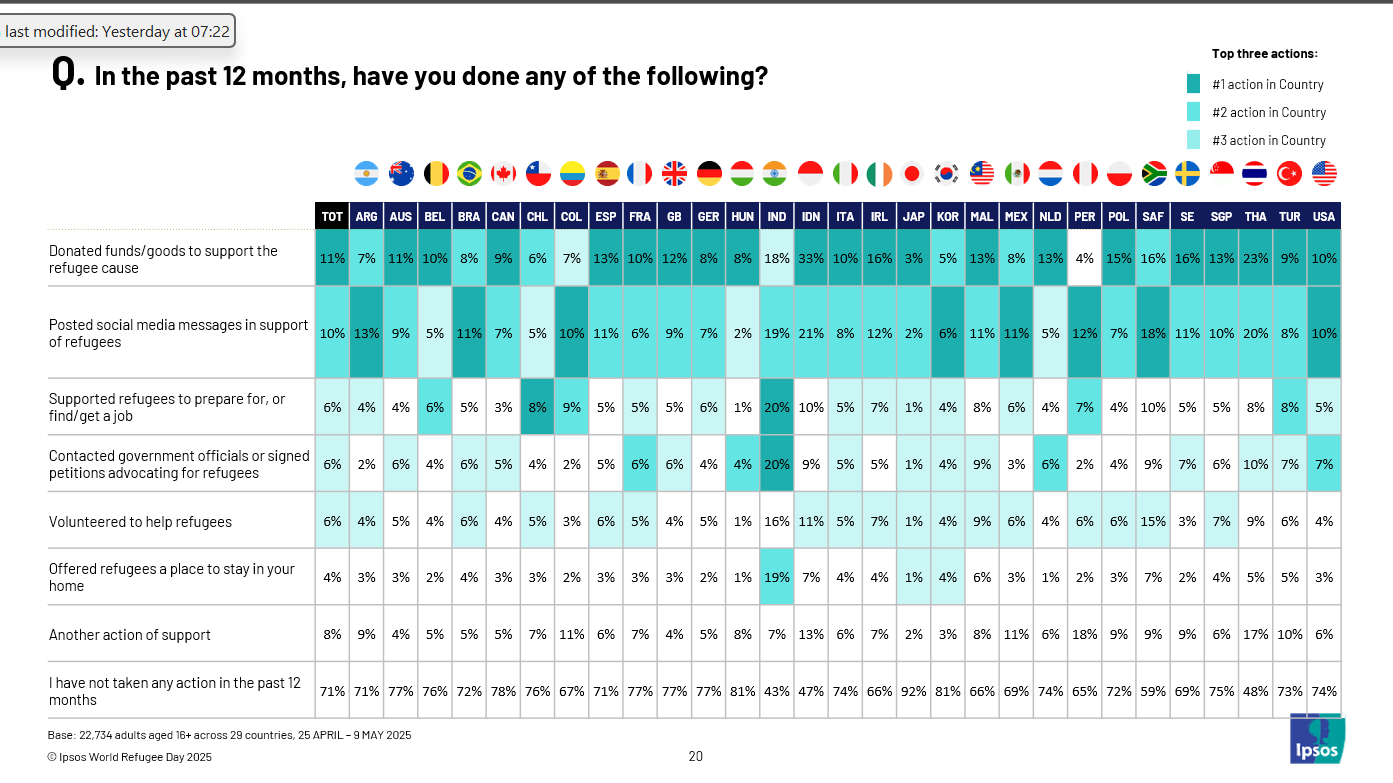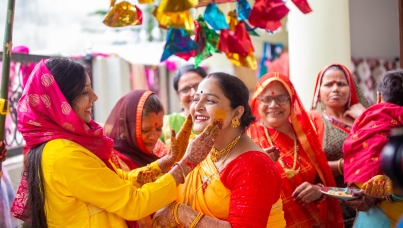

Support for refugees dissipating among Indians, yet they are the world’s most benevolent towards refugees: Ipsos World Refugee Day 2025 Survey
June 20th marks the World Refugee Day; the Ipsos Global Survey on Global Attitudes to Refugees presents a saga of paradoxes among Indians – people’s right to seek refuge to escape war and persecution is supported by 56% Indians with a decline from 70% in 2022; almost 6 in 10 Indians also advocate closing of borders to refugees, believing foreigners come in the guise of refugees for economic reasons and to avail welfare schemes. At the same time, 1 in 2 Indians (56%) also believe refugees positively contribute to India by supporting the economy and also, they get easily integrated into the system.
This year’s survey comes at a critical time. We're seeing more people displaced from their homes than ever before, and at the same time, organizations that help refugees are facing serious budget cuts. According to the UN Refugee Agency (UNHCR), by the end of April 2025, 122 million individuals globally were forcibly displaced from their homes. This includes 42.7 million refugees, a significant 73% of whom are being hosted in low- and middle-income countries, highlighting the disproportionate pressure faced by these nations.
Amit Adarkar, CEO, Ipsos India stated, "India is now the world’s most populous country and while we are now the world’s 4th largest economy, we have a burgeoning population in the informal sector with low per capita income. Influx of refugees leads to a further stretch on our welfare schemes, though we have taken care of the needs of the asylum seekers and continue to support the victims of war and persecution through aid in other countries and within India."
The survey shows that India in fact tops in benevolence towards refugees across all 29 markets and Indians claim to have taken several actions in support of refugees in the past 12 months – 20% Indians say they have supported refugees prepare for or find/ get a job; 20% claim to have contacted government officials or signed petitions advocating for refugees;19% have posted social media messages in support of refugees; 19% have offered refugees a place to stay in their home; 18% claim to have donated funds/ goods to support the refugee cause. Though 43% claim to have not taken any action, India is the lowest on this attribute vis-à-vis other markets. Global citizens pale in comparison with 71% claiming to have taken no action in support of refugees in the past 12 months. Some markets have taken minimal or nil action in support of refugees especially, Japan (92%), South Korea (81%) and Hungary (81%), showed the survey.

"India has extended support to neighbours when they have reached out, enabling their citizens to seek refuge in the face of internal turmoil or natural calamity. As a country India has rushed to provide aid to nations far and wide. Even doing vaccine diplomacy. Even our citizens, as the survey shows have benevolent hearts and tend to contribute in their personal capacity," added Adarkar.
Though about 6 in 10 global citizens and Indians expect wealthier nations to play a bigger role - believing they have a moral responsibility to provide financial support to refugees both within their borders and those hosted in other countries and which they felt the wealthier nations were doing already to a large extent.
Keeping in view the current funding challenges for refugee support with cutbacks by entities, Indians feel the govt, NGOs and global entities of UN & World Bank and wealthier nations should support refugees globally, to get a regular flow of funding for the displaced.
Commenting on the findings, on the global data, Trinh Tu, MD Ipsos Public Affairs UK says:
"This survey confirms the public's continued commitment to providing refuge, which is encouraging. It’s also clear from our data that there is an urgent need to address the persistent underlying concerns among the public about asylum seekers' motivations and integration. A more balanced narrative, acknowledging the diversity of views and experiences among both refugees and the public, would greatly assist this. This is the driving force behind Ipsos’ annual global survey for World Refugee Day – to provide data that informs constructive discussions and solutions that benefit both refugees and local communities."
Dominique Hyde, UNHCR’s Director of External Relations:
“There’s a clear disconnect between compassion and action. The public still believes in the right to seek safety and wants wealthy nations to do more, but the economic backdrop and global political climate are eroding individual support. Needs are more acute than ever. The humanitarian system will wither without a unified effort from governments, organizations, the private sector and the public to build solutions and hope for those forced to flee.”



